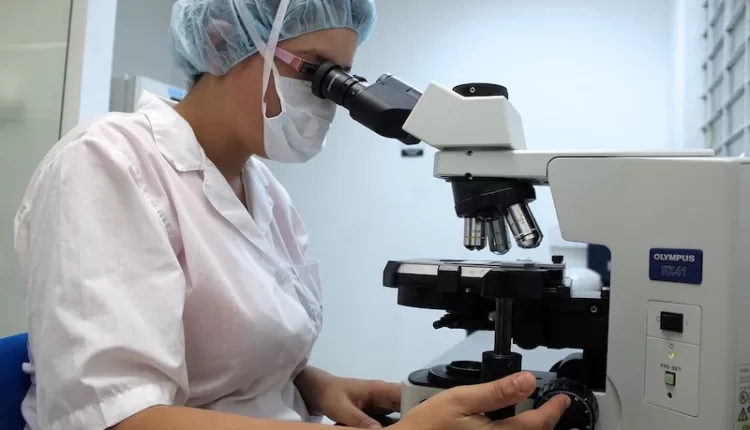Uncover the hidden signs of thyroid cancer with Genomic Screening!
Every year, thousands of people are affected by the deadly disorder known as thyroid cancer. An important factor in successful treatment and recovery is early diagnosis, and a recent study has indicated that genetic screening can be an effective method of doing so.
Genomic screening: What is it?
A method called genomic screening involves examining a person’s DNA to find unique genetic mutations or variations that could raise their chance of contracting a particular disease. This may involve gene mutations in thyroid cancer, including BRAF, RAS, and RET.
How Can Genomic Screening Aid in the Diagnosis of Thyroid Cancer?
A person can be closely watched and screened for thyroid cancer if it is discovered that they have a genetic mutation or variant that raises their chance of developing the disease. This can involve routine blood testing, imaging exams, and, if necessary, biopsies.
Genomic testing can also assist medical professionals in selecting the best course of treatment for a thyroid cancer patient. For instance, a person with a BRAF mutation may react to particular forms of chemotherapy differently than a person without this mutation.
Also Read: Shocking Discovery: Ultra-Processed Foods Raise Cancer and Death Risk
Genomic Screening’s Benefits
The advantages of thyroid cancer genomic screening include the following:
- Early detection: Genomic screening can assist in detecting thyroid cancer at an earlier stage, when therapy is more likely to be successful, by identifying those who are at high risk for the disease.
- Treatment strategies can be made specifically for each patient by detecting particular genetic alterations, which increases the likelihood of success.
- Cost savings: Genomic screening can aid in lowering overall healthcare expenditures by identifying diseases early.
In Summary
A potent technique for the early diagnosis and management of thyroid cancer is genomic screening. People with this disease may recover more fully with early detection and individualized treatment regimens.

